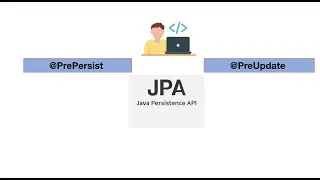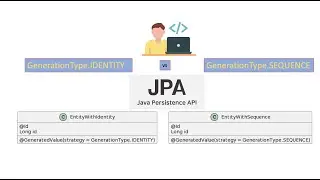Why Avoiding Specific Implementations in Dependency Definitions is Crucial for Spring Boot
The approach of programming to interfaces promotes loose coupling between components, making the code more modular, maintainable, and testable.
Generally, during development, it is beneficial to verify the interaction between various modules as soon as possible. For instance, when developing a microservice intended for use in the frontend, providing a mock implementation enables the frontend team to proceed with their work until the actual implementation is completed. This facilitates concurrent development of different modules.
When a class depends on specific implementation, it would be difficult for you to provide a temporary class loose the flexibility to use different class toThe first example represents a class that depends on a specific concrete implementation to do its work. Inherently, that's not very flexible.
In Spring Boot, you typically define interfaces for your services, repositories, and other components that have dependencies.
https://tramotech.de

![Complete online adult ballet center [30 minutes]](https://images.videosashka.com/watch/IgZEpRMQ-cE)





























